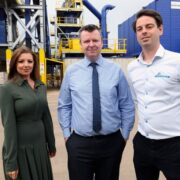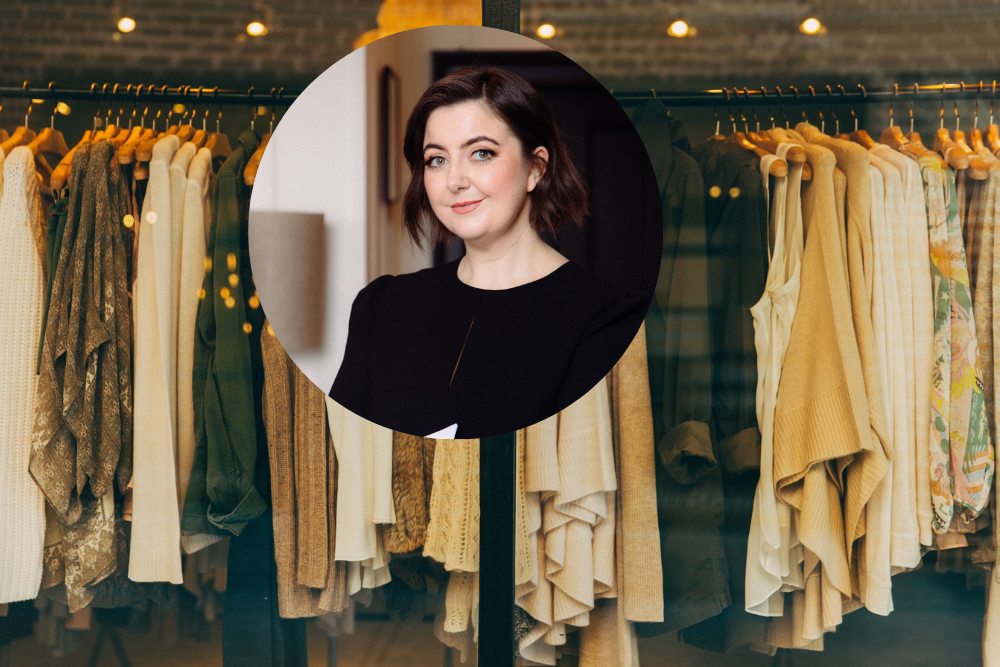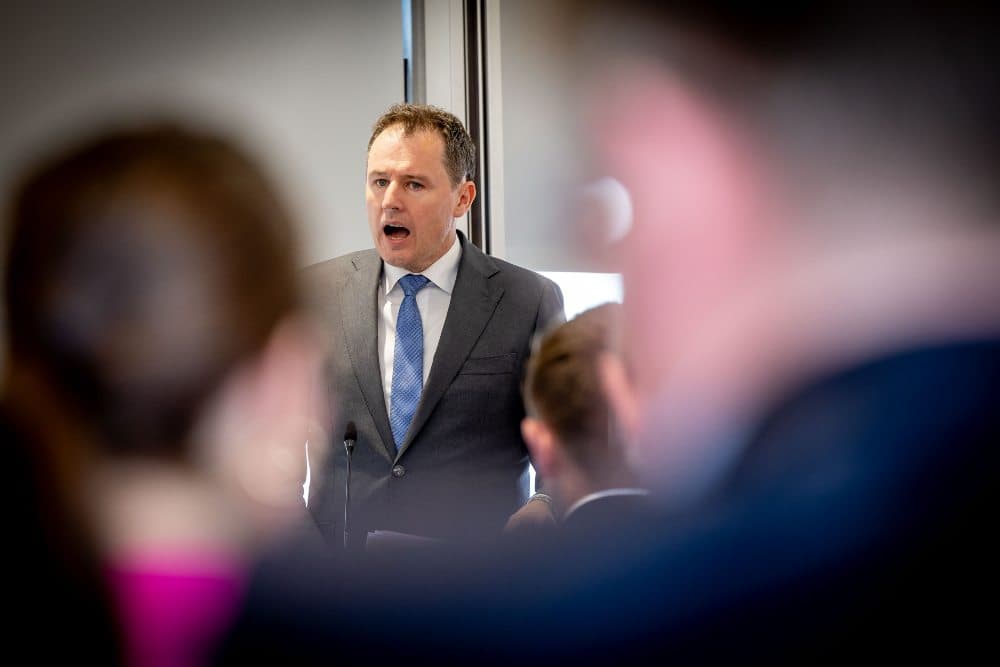Podcast Ep 208: Bank of Ireland’s head of Tech, Media & Telecoms Paul Swift discusses emerging technologies and the role they can play in supporting sustainability.
The journey to sustainability is not easy. And with new technologies ranging from artificial intelligence to robotics emerging all the time, how do business owners choose the right technologies to help them on their green journey.
Paul Swift, head of Technology, Media and Telecoms Sector at Bank of Ireland spoke with the ThinkBusiness Podcast about how business owners can avoid being overwhelmed.
“My advice to businesses is to look at how technologies like the internet of things can help them optimise their supply chains and gain efficiencies”
We begin by discussing a recent “Think Business, Think Sustainability” document produced by Paul and his colleagues in the Sectors Team at Bank of Ireland that aims to guide businesses through their journeys to sustainability across various industries from tech to retail, manufacturing, hospitality, food, agriculture and healthcare.
The document charted the journeys businesses in each individual sector has to take to reduce its carbon footprint and establish leadership in sustainability.
Start the journey on the right foot
“We found that businesses were struggling to get started on that journey,” Swift said, adding that the general sense of perma-crisis that firms are in whether it is in dealing with regulations like CSRD to economic shocks like Covid, the war in Ukraine, the energy crisis and inflation can leave businesses feeling overwhelmed.
“And now with ESG (environmental, social and governance) very much on the agenda we were aware businesses could be feeling overwhelmed so we broke it down into bite-sized chunks for our customers in each of the respective sectors.”
The initiative speaks to the reality that there is a lot to unpack when it comes to businesses reaching the ‘net zero’ nirvana. They have the regulations like CSRD to adhere to, even if they are not in scope they will be impacted if they are part of a supply chain, as well as new energy sources and the challenge of how to reduce their carbon footprint. And this is all happening while they try to keep the lights on, look after staff and customers. Oh and to be innovative and competitive in their respective markets. It really is a lot.
“When it comes to sustainability education, as the space evolves I think businesses will need to have champions in their organisation who can take on board-level responsibility in the same way that data protection has been.”
In terms the role that emerging technologies will play in bringing businesses to net zero but also establishing their sustainability credentials, Swift pointed to technologies such as the Internet of Things, artificial intelligence, the use of advanced materials and automation/robotics as having important roles to play.
“The Internet of Things (IoT) will play a role in terms of environmental monitoring, water quality, air pollution, for example. It will support energy utility providers in areas like electricity capacity and the smart grid. IoT will prove fundamental to optimising supply chains and proving transparency.
“My advice to businesses is to look at how technologies like IoT can help them optimise their supply chains and gain efficiencies.”
The role that artificial intelligence and machine learning will be core how businesses plan and anticipate sales and demand. “Predictive analytics is going to help businesses make decisions. Events companies, for example, can use AI to look at risks and combine it with weather data to predict precisely how many people might attend a festival.
“Advanced materials will feed into sustainability in areas such as garment production quality,” Swift said referencing the current fast fashion challenge. “The Walton Institute at Waterford Institute of Technology are working on a project in e-textiles and wearables. There are a lot of data points that could be taken from this that would feed into garment production quality and sustainability such as where these garments are being sourced and tracking back to producers.”
Swift mentioned a young Irish start-up called Tailr that has developed a cloud-based SaaS platform that addresses the inefficiencies and challenges faced by the clothing industry, enabling real-time data flow between design teams, fabric mills, and factories.
“20% of global clothing production annually goes into a landfill, often because there are inconsistencies in terms of sizes. A t-shirt sold by the same brand can often have multiple fittings because different manufacturing plants don’t follow the same templates. So what Tailr is going to do is revolutunise the standardisation of sizes.
“They have put together an amazing data set that looks at fabrics, weaves, stitching, dyes and ensure that garments that are manufactured are fit-for-purpose. So if you can image what this going to do in terms of managing waste, it is going to be massive.”
Ultimately, the greater amount of data and analysis will feed into the creation of a more viable circular economy, Swift believes.
Full podcast here:
Listen to the Podcast on:
-
Bank of Ireland is welcoming new customers every day – funding investments, working capital and expansions across multiple sectors. To learn more, click here






